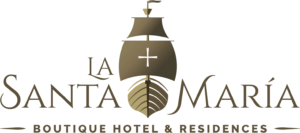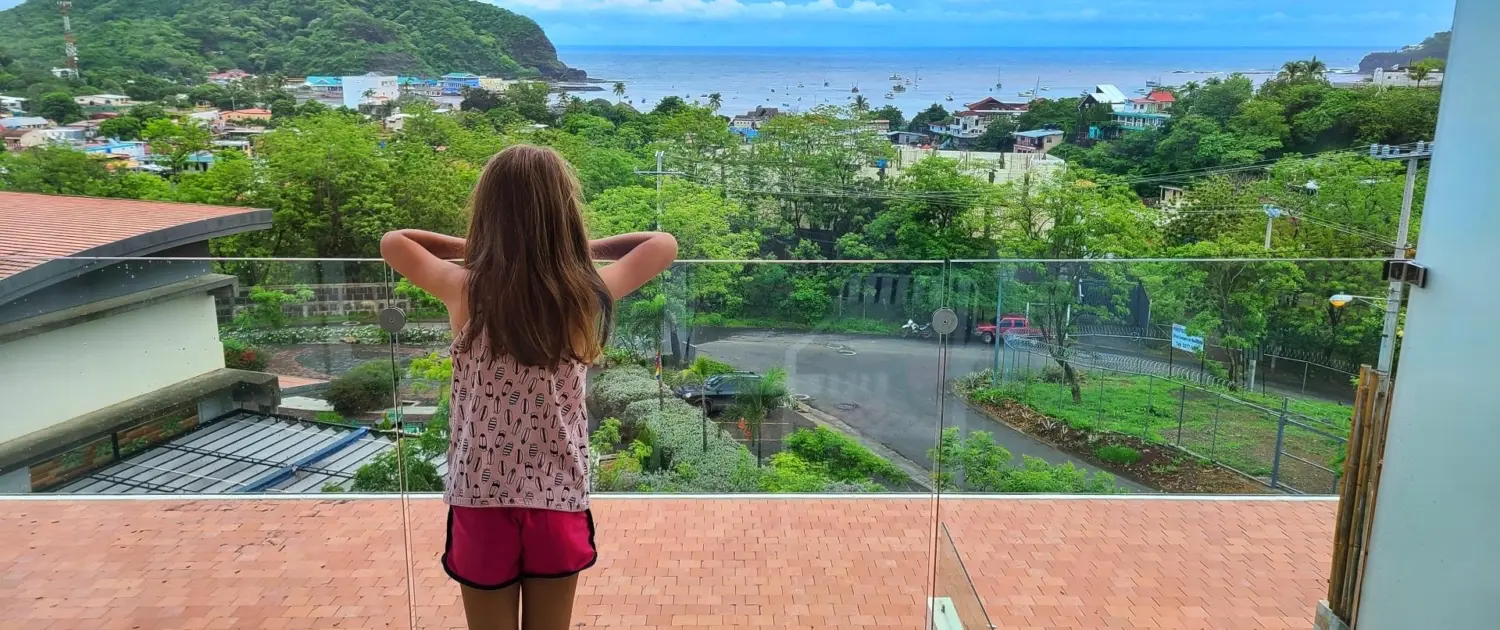General Education in Nicaragua
Nicaragua has free and compulsory schooling. Attendance does not always have a strict schedule. However, despite the increase in enrollment, only 37% of school students reached sixth grade in the past two years. Instruction is offered in Spanish, and communities of Atlantic Coast areas may be taught their native language.
The school year usually runs from February to November. However, for some schools, the school year runs from August or early September to the end of May or early June. Graduations are measured in 100 points. For the elementary and secondary schools, 60 will pass.
Does Nicaragua have private international schools?
Yes, there are different options when it comes to private international schools in Nicaragua. These schools offer a high-quality education that is based on international standards. Students can learn about other cultures and languages while they’re studying abroad; this helps them become more open-minded and critical thinkers.
What types of international schools are available in Nicaragua?
There are three main types of international schools available in Nicaragua: broadly international schools, local international and bilingual schools, and original expatriate schools.
In Nicaragua, most public schools won’t offer an international curricula. International schools in Nicaragua are mostly private schools. Private schools are operated independently from the government and therefore involve monthly or yearly fees. Private international schools offer high-quality education for your children and are recognized by universities and employers worldwide.
Broadly International Schools
Broadly international schools offer a curriculum that is based on international standards. These schools typically use English as the primary language of instruction and a second language for some classes such as history and mathematics. They are ideal for students who want to learn two languages simultaneously. Children, parents, and teachers are usually from a broad mix of countries and cultures.
Local International and Bilingual Schools
Local international schools offer a curriculum that is based and adapted from the host country, but offer bilingual education programs. Usually most students, parents, and teachers of local international and bilingual schools are from the host country.
English immersion schools offer instruction in English but also teach other subjects in Spanish. This type of school is ideal for students who want to learn both English and Spanish.
Original Expatriate International Schools
In an original expatriate international school, the curriculum is based and adapted to one foreigner country. Most of the students, parents, and teacher are from the same country. The class can either be bilingual, or in the language of the expatriate international school.
What are the benefits of attending an international school in Nicaragua?
There are many benefits of attending an international school in Nicaragua. These schools provide a high-quality education that is based on international standards. They also offer students the opportunity to learn about other cultures and languages, which helps children to improve their communication skills but also create new opportunities worldwide. Additionally, these schools are accredited by international organizations, such as the International Baccalaureate (IB) or the Council of International Schools (CIS). This means that your children will be able to receive an internationally-recognized education.
What are the best international schools in Nicaragua?
Managua
Some of the best international schools in Managua, Nicaragua include American Nicaraguan School, Lincoln International Academy, St. Augustine Preparatory School, The Notre Dame School, Nicaragua Christian Academy, Universal School Pierre and Marie Curie, and the German Nicaraguan School.
These schools provide a rigorous curriculum that adheres to global norms. They also give students the chance to learn about other cultures and languages. These schools are dedicated to helping students develop a strong sense of inner confidence and conviction while also teaching them how to lead creative lives with purpose.
Granada
The best international school in Granada is the Granada International School. The school’s main goal is to instill a lifelong love of learning while also laying the groundwork for future academic success. Their program is offered in an innovative atmosphere that promotes critical and independent thinking, community service, a strong sense of inner discipline, a willingness to engage with cultural differences with curiosity and the ability to face life’s obstacles with optimism.
San Juan del Sur
Within San Juan Del Sur, Nicaragua, we can find the San Juan del Sur Day School and the Escuela Adelante, both great options for an international bilingual school in Nicaragua. These schools are located in the coastal town of San Juan del Sur, only 5 minutes from the Pacific Ocean. It offers instruction in English and Spanish and has a rigorous academic program.
They want to educate, train and inspire young people to help them construct a better and more peaceful world by cultivating critical thinking, understanding, and compassion.
How much does it cost to go to an international school in Nicaragua?
The cost of attending an international school in Nicaragua varies depending on the type of school ranging from $130 to $700 per month per kid. However, most international schools charge tuition fees that are comparable to those in other countries. Don’t hesitate to get in touch with the individual schools directly for more information.
Conclusion
If you are looking for an excellent academic qualification that will be respected and recognized around the world, studying in Nicaragua is an excellent option. With a diverse and welcoming society, international students will have the opportunity to gain a unique cultural experience while enjoying the natural beauty of this Central American country.
We hope this guide has been helpful! If you are considering relocating to Nicaragua, you might also want to learn about 8 essential tips in buying property in Nicaragua.


